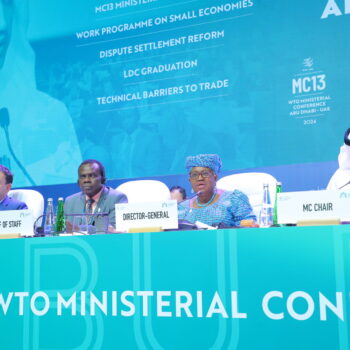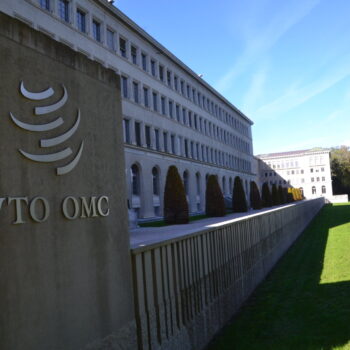This week Federica Mogherini was selected by EU heads to be the next to represent Europe on Foreign Affairs and Security. The job is no simple task. Countries like Germany have vastly different strategic interests in Foreign policy to countries like Malta. This diversity has often led to an underlying scepticism amongst the foreign affairs community regarding the premise that Europe can speaks with one voice on international matters.
The severity and frequency of international flashpoints such as the devastating civil war in Syria, the resurgence in Iraq and to top it all off the Ukraine crisis are all taking their toll on Europe’s capacity to act with a single voice. Mogherini will have a baptism of fire as she steps through the doors of the European External Action service.
What we’re witnessing is a systematic attack on the international rules based regime. Rules require confidence, and to succeed in delivering stability, they must be valued. But fortunately for the newbie, not many countries recognise the value of rules based regimes more than European member states. The notion of pooling sovereignty to secure public goods such as peace and prosperity run deep across the continent.
With the global climate change agreement in 2015 looming ever closer, diplomats from across the world will need to understand their countries strategic interests in an ambitious outcome. In doing so, they will likely be all too aware (thanks to their Ministries of Finance) of the costs of action, but unlikely to have given such depth of thought to the consequences of inaction.
One of the most important tasks for Mogherini must be to situate climate change as both a threat to the rules based regime, but also an opportunity to strengthen it. As Joni Mitchell reminds us ‘you don’t know what you’ve got till it’s gone’. In politics, in order to understand something’s worth, comprehending the counter-factual is key.
And so what would happen if we fail to secure an ambitious agreement in 2015? At stake is no less than the future of an international rules based regime. Failure would remove faith and confidence that we can address global challenges. Failure would illustrate the limits of global cooperation. Failure would have complex ramifications upon existing alliances and bilateral relationships, with likely recriminations and megaphone diplomacy spiralling into a blame game.
Subsequently, as climate impacts become more material, leading to increased volatility of resources, the absence of international rules and frameworks would not protect countries from these political and physical disruptions. International rules exist to protect countries from a world in which ‘great powers’ prevail. Europe’s strategic interests are best served through the rules based regime, and therefore an ambitious climate agreement. As a net fossil fuels importer, Europe is subject to the volatility of international commodities markets – imports impose an addition €145 billion drain per year on Europe’s budget. In addition, climate change will wreak havoc on European economies and supply chains.
In order to secure an ambitious outcome in 2015, Europe must understand its strategic interest in securing more ambition, and critically re-engage its former allies. Once respected as a reliable partner on climate change, Europe has become a bit flaky, a bit lost. A key task of the new High Representative will be to undertake intense outreach out to those countries who understand why an ambitious outcome in 2015 is core to preserving rule of law domestically and globally. Building a force-field of countries to mobilise momentum to higher ambition, leaves those deal-makers such as US and China nowhere to hide. It won’t be easy, but Europe doesn’t have a choice. A 2015 agreement which doesn’t put the world on a pathway consistent with avoiding dangerous climate change, is not a world Europe can survive in.
This project action has received funding from the European Commission through a LIFE grant. The content of this section reflects only the author's view. The Commission is not responsible for any use that may be made of the information it contains.



